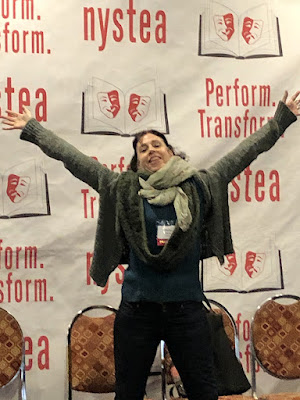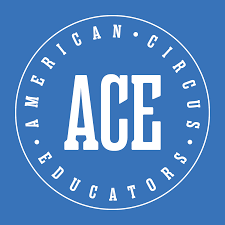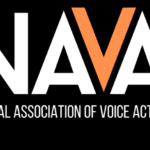The Great Resignation isn’t just about leaving toxic work environments — it’s also a time for all of us to reflect on what we REALLY want to do. We only have one life after all (in theory) and so it’s crucial to find passion in every day, whether that’s through work, hobbies, or people. So often we hear that art should stay relegated to the side gig, and I applaud those who follow that path and serve their souls and make sweet money. But many of us don’t want a traditional job or aren’t well-suited to that environment. Take a few breaths: I promise you can make it work.
Being a full-time artist is very doable. It is also not the same as saying “I want to be a MovieStar”. It’s similar to the difference between, “I want to go into innovative technology” and “I want to be Steve Jobs.” Those highly visible, highly specific goals are certainly within a realm of possibility, but they come as the result of hard work, initiative, discipline, and commitment to the practice itself. They also often come down to luck and deeply-ingrained biases that have held marginalized groups back for decades. But enough about elusive fame, becoming an artist as a vocation is not only fabulously feasible, it is also rewarding, practical, and in today’s world, surprisingly stable. Here’s the story, morning glory.

How to become an artist and why you should!
One can become a full time artist via college training OR via workshops, diligent dedication with an artistic institution, mentorship, and project-based training. Or some combo of both (like me)! Training in the arts is also training in observation, expression, commitment, and a sense of excellence. Performing arts students work constructively and efficiently with others, as well as use social media, shared planning templates, documents, and spreadsheets, and create “mile-markers,” marketing plans, and graphic designs for projects. All of these skills will help in ANY business environment, whether the student is self-employed (as an artist or otherwise), works for an educational institution, or in the corporate world. Turns out most businesses LOVE employees with these skills.
How to find job security
You might have a full time job at a museum, theatre, school, university, or college, and that full time job is as secure (or more so) as any other organization job. In recent years, Strategic National Arts Alumni Project (SNAAP) has found that trained artists are thriving in their careers, often even more so than the coveted STEM graduates.
What if you are a free-range artist, piecing together a patchwork of employment and creativity? Here’s the best news: I am never completely out of work. There are leaner times and fuller times, certainly, but even when some things fall through, my other overlapping projects hold.
How to find joy even in the difficult aspects
This is my life, and I would not trade it for anything, despite the hard, endless work, the constant outreach, and the lack of what I call “WHOA!! PAID TIME OFF?!? What is that??” — you might know it as “sick days, paid holidays, and vacations”. All jobs have pluses and minuses; here’s my pluses.
Freedom
I love my freedom. I love that if I look carefully and work hard enough, I can find a way to travel for my job. I love that I can work to have a project become an annual event or let it go after one wonderful time. Most of all, I love love love the variety of people, places and types of work. I love that any given day I may be deliriously happy working with fourth graders as they find their own artist-academic selves, recording an audiobook, rehearsing for a stage show, and doing my accounting (in one work day).
Human Relevance
I spend my time seeking connections—with people, histories, text, struggles, joys, sorrows, injustices, learning, discoveries—the list goes on, in every single working minute. WOW. I make a living (and do a LOT of volunteer work) serving humanity, everyday. Making art. Striving for grace. As Henry Miller said, “Art teaches nothing… but the meaning of life.”
And, really, being an independent artist is exactly the same as being an independent house builder, welder, cabinet maker—you need training, a website, good accounting, and marketing practices or people. You go out on spec to give a free estimate (those are your auditions), your skill and reputation grow over time, and some days, you do all admin and no product-production. Even on the heaviest of performance days (in the booth, on the stage, or in front of the camera), you are still doing outreach or other administrative tasks. You might need a business loan at some point. It’s exactly the same EXCEPT artists can work locally, remotely, AND as visitors. So there are actually more opportunities than there are for other independent contractors/small businesses!
Yes, the kids of today will need to think about what to do next. Yes they will have to have initiative and work hard, and yes, this life is NOT for everyone who imagines that it is. Being an artist is a lot of work and a lot of trying to find work. That’s not the part everyone sees during the standing ovation—how much time, energy, and commitment it took to get there. When you put it all together though, I wouldn’t change a thing. It’s worth it.





